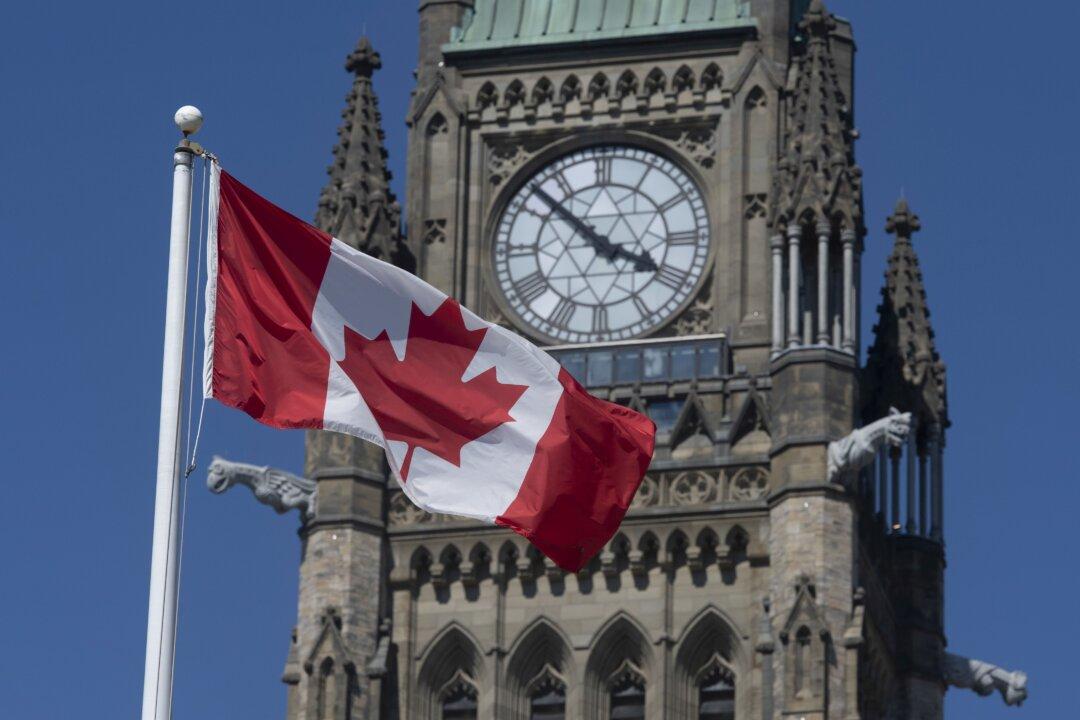Federal and provincial laws designed to protect whistleblowers are woefully inadequate, says an advocate who has worked for stronger whistleblower protection for over a decade.
David Hutton, a senior fellow at Ryerson University’s Centre for Free Expression Whistleblowing Initiatives (CFEWI), says the federal Public Servants Disclosure Protection Act (PSDPA) has numerous significant problems.





